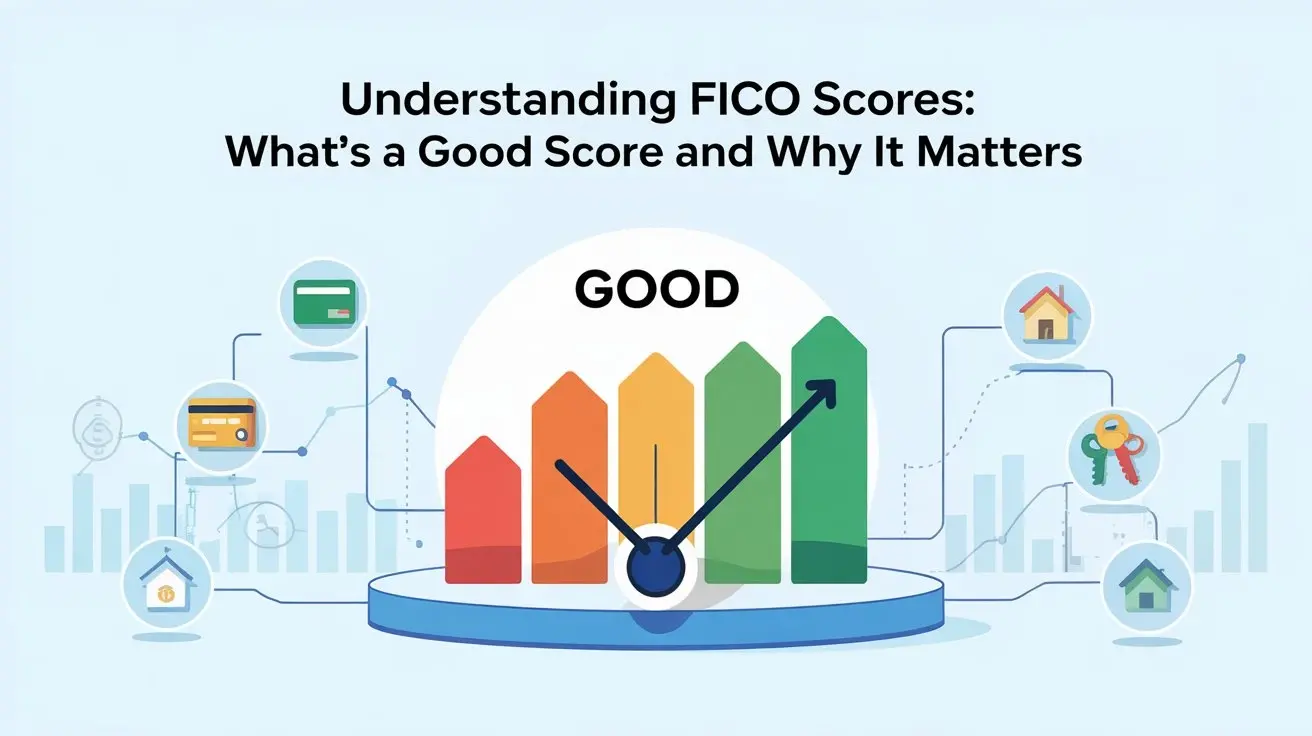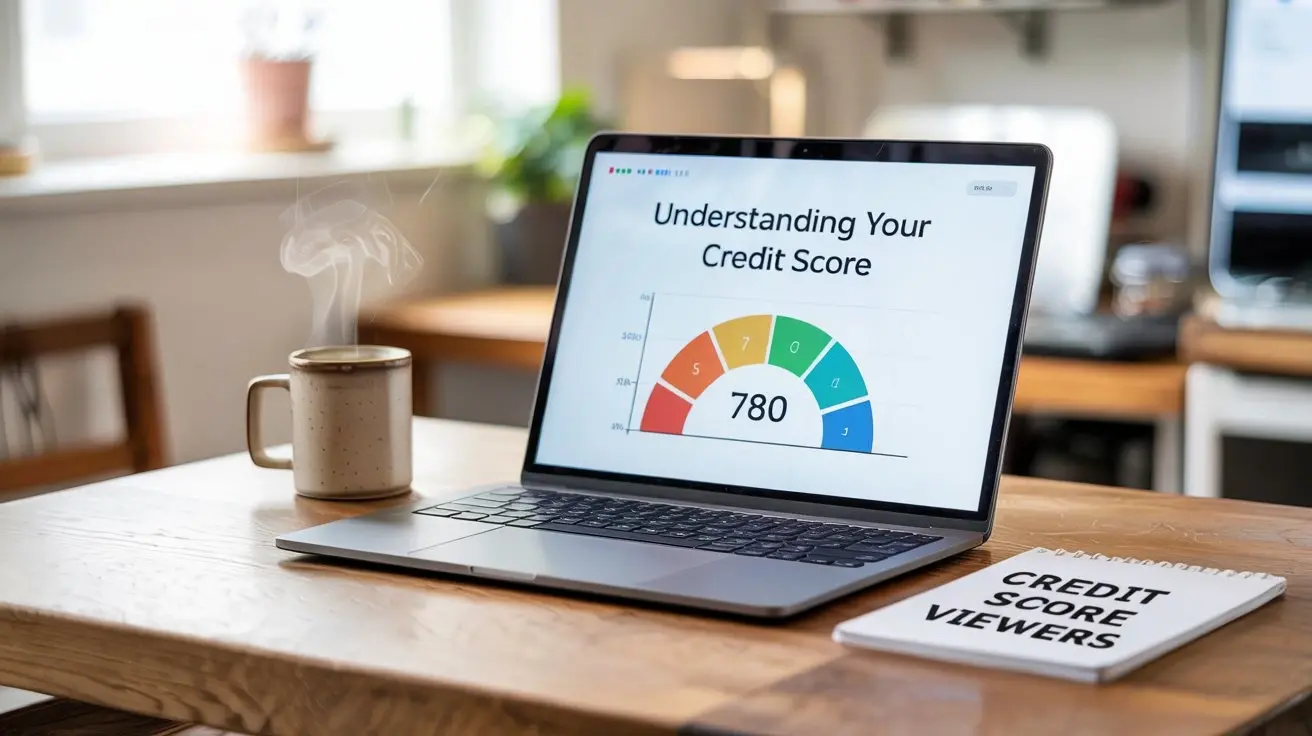Does Opening Checking Account Affect Credit Score?
Is Opening a Checking Account Good for Your Credit Score
Most individuals do not think twice about how a new checking account may affect them, mainly when they are opening one. For instance, a checking account lets you deposit money and withdraw cash – it is not a loan. However, the process of account opening sometimes involves an assessment of your banking and your credit history. Can opening a new checking account still impact your credit score?
Soft credit checks When opening a checking account
Whenever they open a new checking account, all the banks and some credit unions perform a soft credit check on the applicant to confirm his or her eligibility. Soft credit checks or soft credit pulls allow the lender to access your credit report without affecting your credit score.
So relax – as we mentioned earlier, endeavors such as applying for a new checking account will not reduce your credit score. Since soft pulls do not impact your score, you can apply for credit cards to different accounts without fear.
If the bank still cannot confirm your identity or credit history through a soft credit check, it might perform a hard credit check. A hard pull will reduce your score for some time, depending on the severity of the matter it indicates. However, one hard check resulting from applying for a checking account will not have any significant effect on a well-established credit history.
Can Opening A Checking Account Enhance Your Credit
As for the checking account, it is important to understand that opening one does not necessarily increase or decrease your credit score, however, wise use of a checking account can, over time, help increase your score. Here are some ways that a checking account can help boost your credit.
Non-Necessity to Use So-Called ‘Fringe Financial Services’
The less fortunate or those who do not enjoy a good credit standing seek services from payday lenders, pawnshops, and check cashing services. The fees and interest rates from these “alternative financial services” outlets are usually very high, meaning that the borrowers are locked into a cycle of credit repayments. In this case, a checking account allows you to have free and convenient access to your money without having to rely on high-interest-rate lenders.
Overdraft Protection Services
Some checking accounts have features to protect against overdrafts; this is when you spend more than you have in your account. In overdraft, a fee is charged to the consumer if he has used it, though the cost is relatively smaller than that of gaining a loan from a payday lender or a bounced check fee from a merchant. So, just make sure not to check the box if you prefer not to have overdraft coverage on your debit transactions.
Helps Build A Credit History
Although a checking account per se does not report to the credit bureaus, it provides you with services that DO build credit – credit cards, car loans, personal loans, and home loans. On credit accounts, if you can meet the repayment obligation on these accounts in the long run, your score is likely to increase. A checking account provides lenders with assurance that you are capable of handling loans responsibly.
Pay Bills on Time
The first and easiest way to harm your credit score is to default and be in arrears on credit and payment accounts. A checking account is useful in the sense that it enables you to meet your obligations on time and without fail. Almost all of the billers enable you to make automatic payments right from your checking account. You will not be subjected to charges like late fees or bills that easily slip off your mind.
Avoid Check Fraud
Other things that will lower your score include writing checks that are dishonored for lack of funds or fraud. If well managed, a checking account does not have the issue of bounced checks since funds, once drawn, are immediately debited. The vast security and fraud monitoring services also help reduce your vulnerability to check fraud.
Strategies on How to Open a Score-Friendly Checking Account
Different checking accounts do not have the same features and tools available for use by the account holders. You should also stay away from those accounts that attract high or many charges that you may find hard to meet. Here are a few tips for choosing a score-friendly checking account.
- Choose an interest-bearing checking account with low or no minimum balance and low or no monthly fees.
- Ensure that overdraft coverage is flexible in case you wish to opt out of debit purchases.
- Search for compensation for ATM fees if you are going to withdraw money more often.
- Choose mobile banking solutions, notifications, and budgeting applications to track your expenditures.
- Take into consideration such options as direct deposit, online bill pay, and other useful options.
The Bottom Line
Usually, to open a checking account, you only need to pass a light or soft credit check, which does not affect your credit rating. Although simply having a checking account does not increase your credit score on its own, it allows you to acquire other financial products that can help build credit and prove responsible spending. Just remember to select the checking account that will be most suitable for your needs and your banking style. Ensure that your checking account balances remain low, do not overdraw your funds often, and make timely payments on your credit obligations to fully harness the plethora of benefits of your new checking account to your score.
Ready to boost your credit score? Call +1 888-804-0104 now for the best credit repair services near you! Our expert team is here to help you achieve financial freedom and improve your credit. Don't wait—get started today!
Related Stories
Recent Posts
Understanding Your Finances: The Power of a Debt-to-Income Ratio Calculator
How to Repair a Low Credit Score: A Comprehensive Guide
Understanding FICO Scores: What’s a Good Score and Why It Matters
How to Prequalify for a Home Loan: A Step-by-Step Guide
Understanding Your Credit Score: A Comprehensive Guide to Credit Score Viewers



